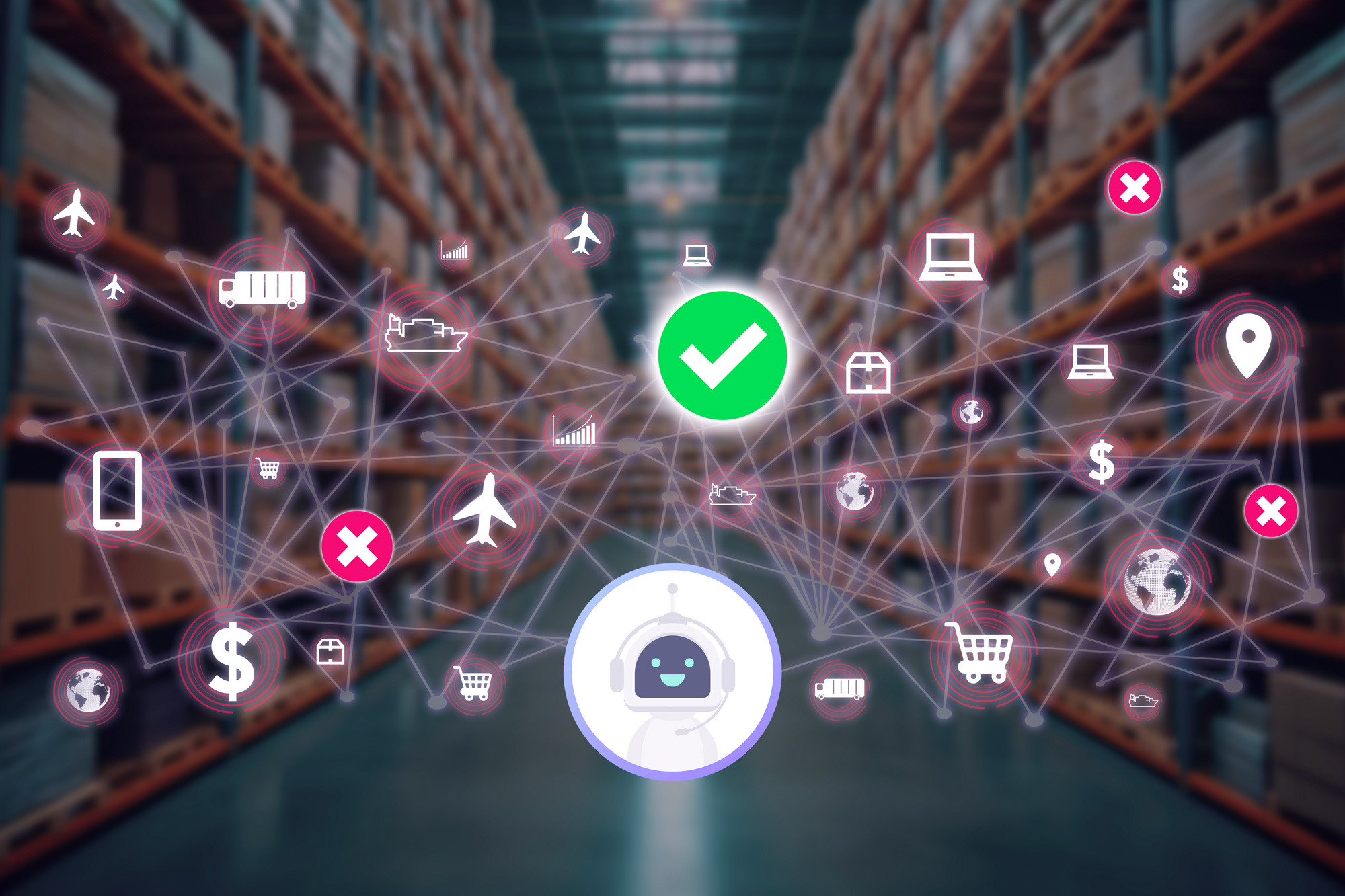
Share Tweet Share Share Email Artificial intelligence keeps shaping our daily experiences in diverse ways. We often rely on it to handle tasks ranging from education to entertainment, which can lead to dependence. This technology is commonplace in various sectors, including mental healthcare.
Teletherapy, once a futuristic concept, is unfolding right before our eyes. The global teletherapy market reached a staggering $101.15 billion in 2023.

According to Grand View Research , analysts expect it to grow at a CAGR of 24.3% from 2024 to 2030. While AI tools keep redefining the borders between human connection and technology, we can’t ignore their significant challenges in the emerging therapeutic ecosystem.
How AI is revolutionizing mental healthcare AI provides many promising applications in mental healthcare, such as: AI algorithms can analyze large amounts of patient data to design personalized treatment plans. Recognizing disturbing patterns in text, speech, and behavior that may suggest underlying mental health issues. Early detection is the key to achieving faster recovery during treatment.
Some AI tools can monitor patient progress and offer ongoing support. Virtual therapists and AI-driven chatbots are bridging the mental health gap, especially in underserved regions. The gradual decline of cognitive skills Despite these benefits, many people are concerned about its contribution to the decline of human cognitive skills.
The latest technological advancement has brought AI assistants to our fingertips. Sadly, this may limit our need to think critically or maximize problem-solving skills. A recent study by Michael Gerlich further established the link between reliance on AI tools and decreased critical thinking .
Mental health professionals must avoid depending heavily on AI diagnostic tools, which may reduce their clinical reasoning skills. Exposing the dark side of AI in mental health Embracing AI in mental healthcare comes with the risks listed below. Privacy and security AI models train on a large amount of data to achieve optimal results.
Mental health data is sensitive and can have far-reaching consequences if it gets into the wrong hands. Many patients are skeptical about telemedicine because of compromised privacy and security. A 2024 breach at a mental health platform exposed sensitive information , including 20,000 files and over 1.
7 million activity logs, highlighting these risks. Poor human connection One factor that influences the effectiveness of treatment plans is the relationship between patients and therapists. However, AI interventions can’t replicate the emotional intelligence that human therapists provide.
AI bias The training data largely determines the extent of bias in each AI system. A system trained primarily on data from a particular gender, race, or socioeconomic group may offer subpar diagnosis and treatment plans for other groups. Dependency Over-reliance is another major issue that can aggravate a patient’s existing mental health issue.
Besides, affected individuals may exhibit addictive tendencies. Technology Panic and Mental Health Technophobia, a new form of anxiety, has emerged because of the fear of AI’s capabilities and potential misuse. A recent Pew Research study found that 52% of workers are worried about the future impact of AI use in the workplace.
Mental health professionals are concerned about being replaced by AI systems. While it’s unlikely to experience complete replacement, career prospects for budding therapists might decline. Stakeholders must develop a robust plan to mitigate infodemic, a menace that worsens anxiety and inhibits decision-making skills.
The way forward Here are some foolproof strategies to optimize AI’s role in mental healthcare: Encourage human-AI collaboration AI was designed to supplement human capabilities rather than replace them. The best approach is to delegate routine tasks to AI models while human therapists focus on building solid relationships with their patients and handling complex decision-making. Adhere strictly to ethical guidelines and regulations Every organization should develop structures for leveraging AI tools.
The World Health Organization’s 2024 guidelines on the ethics and governance of LLMs will help you recognize where to draw the line. Invest in digital literacy Developers keep rolling out digital literacy programs to help users adjust seamlessly and get the most out of AI tools in this digital revolution. Mental health professionals and patients need the right training early on.
Prioritize human relationships The high AI adoption rate in telemedicine is threatening real human connections. Nevertheless, community-based health programs that blend the latest tech tools with in-person support now provide lasting solutions to this issue. Final thoughts AI integration holds brilliant prospects alongside significant challenges for mental healthcare.
The technology can enhance personalization while bridging the mental health gap. However, we can’t continue jeopardizing genuine relationships, privacy, and critical thinking. The future of digital mental health interventions and telemedicine lies in human-centered AI systems.
Apart from sticking to ethical guidelines, it’s crucial to create an awareness of the benefits and risks that AI poses to exploit its potential. Related Items: AI , Algorithm , mental health Share Tweet Share Share Email Recommended for you Avoiding AI Pitfalls: A Roadmap for Sustainable Tech Integration Innovative AI Solutions in Real-Time Fraud Detection Revolutionizing Hyperscale Data Center Management: Integrating AI, AR, and Computer Vision Comments.














